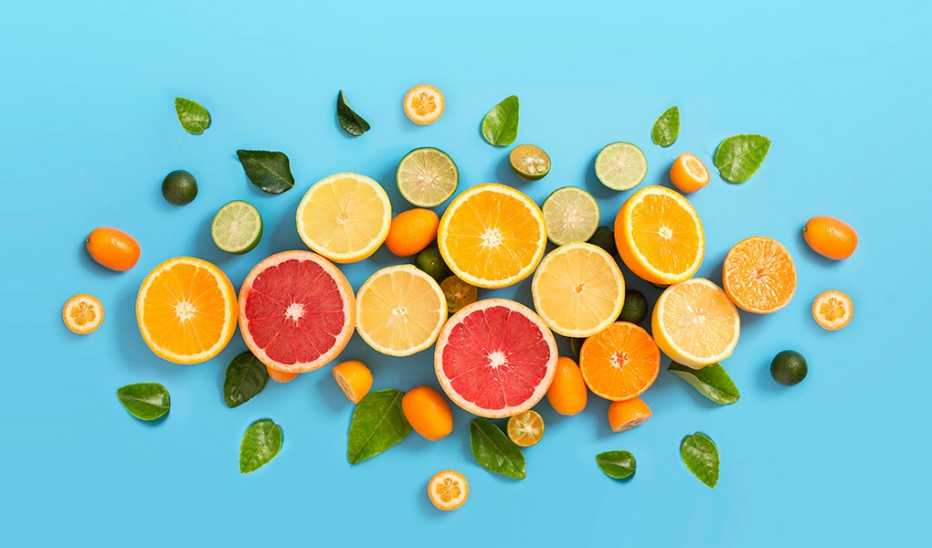Challenges


“This study focused only on citrus, but eating more fruits and vegetables will also do that for you. It’s hugely protective.” —Fiona Harrison, assistant professor at Vanderbilt University Medical Center and a researcher on the role of vitamin C in brain development
- Citrus fruits may help prevent dementia, a study finds.
- They have plenty of anti-inflammatory flavonoids that researchers view as beneficial to the brain.
- Vitamin C may help protect memory.
Move over, apple-a-day folks. Research suggests that eating a daily orange could keep your brain healthier as you age.
In a study published in the British Journal of Nutrition, Japanese researchers found that older adults who ate more citrus fruits were less likely to develop dementia, perhaps because of anti-inflammatory flavonoids in the rind, flesh and juice of produce like oranges, grapefruits, lemons and limes.
After tracking more than 13,000 Japanese adults age 65 and older, the researchers discovered that those who ate citrus fruit daily (primarily Satsuma oranges, similar to clementines or tangerines) were 23 percent less likely to develop dementia than those who ate it two or fewer times a week.
In countries like Japan, with a sizable aging population, “it is hoped this new dietary approach could be both a simple and effective solution,” the researchers said in a statement.
They used health data gathered in December 2006 from a large survey of Japanese older adults that included information on citrus-fruit consumption. They then followed up with data gathered up to November 2012 to see how many of the subjects had developed dementia.
Even after adjusting for possible influencing factors, including other health conditions or higher cognitive scores at the beginning of the study, “the relationship between citrus consumption and incident dementia did not change substantially,” researchers wrote.













More From Staying Sharp
A Plant-Based Diet's Impact on Brain Health
Learn how a plant-based diet can support cognitive health and get tips for meal planning
Add Walnuts to Your Next Meal
They’re packed with healthy omega-3s
Prep Fiber-Rich Snacks
It’s easy to choose between-meal bites packed with fiber